RELATIONSHIP ISSUES
What are Relationship Issues?
Relationship issues refer to conflicts, misunderstandings, or dissatisfaction that arise between individuals in a relationship, whether romantic, familial, or platonic. These issues can stem from a variety of sources and can impact the emotional and mental well-being of those involved.
We focus on treating the whole person, combining psychotherapy with medical interventions to address both emotional and physical aspects of the condition. Our empathetic team is dedicated to guiding you every step of the way, ensuring you feel supported and understood.
Regain control and find balance with Mind Weavers—where your mental health is our priority.

Common Causes of Relationship Issues
- Communication Problems: Misunderstandings, lack of communication, or ineffective communication
- Trust Issues: Infidelity, dishonesty, or breach of trust
- Financial Strain: Disagreements over spending, saving, or financial priorities
- Different Expectations: Conflicting views on roles, responsibilities, or future goals
- Lack of Intimacy: Physical or emotional distance
- Stress and External Pressures: Work stress, family issues, or health problems
- Jealousy and Insecurity: Feelings of inadequacy or fear of losing the partner
- Unresolved Conflicts: Past issues that were never fully addressed or resolved
Symptoms of Relationship Issues
- Frequent arguments or conflicts
- Feeling disconnected or distant from the partner
- Lack of interest in spending time together
- Resentment or bitterness
- Avoidance of difficult conversations
- Feelings of loneliness or isolation within the relationship
- Decreased physical intimacy or affection
- Constant worry about the relationship’s future
Managing Relationship Issues

Effective management of relationship issues involves open communication, mutual respect, and a willingness to work together to resolve conflicts. Strategies include:
- Communication: Practice active listening, express thoughts and feelings honestly, and avoid blame or criticism.
- Counseling: Seek professional help from a relationship counselor or therapist to address deeper issues..
- Quality Time: Spend quality time together to strengthen the bond and reconnect.
- Setting Boundaries: Establish and respect personal boundaries within the relationship.
- Conflict Resolution Skills: Learn and practice healthy ways to resolve conflicts without escalating them.
- Self-Reflection: Reflect on personal behavior and its impact on the relationship.
You've taken the first step now let us help you find the right support
Recognizing Clinical Depression
– Lasting sadness
– Loss of interest in most activities
– Constant fatigue or low energy
– Negative thoughts
– Feelings of worthlessness, hopelessness, or guilt
– Difficulty concentrating on daily tasks
– Changes in eating and sleeping patterns
– Restlessness or irritability
– Physical aches and pains without a clear cause
– Thoughts of death or suicide
Signs Your Child
Needs to See a Child psychiatrist
Recognizing when your child may need to see a psychiatrist is crucial for addressing their emotional and mental well-being. Here are some signs that may indicate it’s time to consider seeking help from a Child Psychologist in Calicut:
- Your child is dealing with a significant change or a stressful situation, like bullying, a health issue, divorce parents, or a move to a new city or school.
- Your child's mental, emotional, and behavioral problems seem to be getting worse over time instead of better.
- Your child or family has experienced trauma, such as a death, an accident, or abuse.
- Your child encounters challenges when it comes to forming and maintaining friendships.
- You notice big notable shifts in your child's temperament and behavior.
- They often have trouble with their behavior in school.
- Your child is worrying to much for trivial things
- Your child's grades are dropping.
Common Conditions Addressed at Our Center
Clinical child psychology is a field dedicated to researching, evaluating, and addressing a broad spectrum of interconnected biological, psychological, and social challenges encountered by children.

ANXIETY
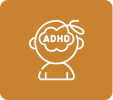
ADHD

DEPRESSION

AUTISM

LEARNING PROBLEMS

BEHAVIOURAL PROBLEMS

ADJUSTMENT PROBLEMS

STRESS
At Mind Weavers, our Child Psychologists are well-versed in the latest evidencebased interventions, providing personalized counseling to address the unique needs of each child.
Skills and Procedures Utilized
Clinical child psychology encompasses a wide range of procedures and skills addressing your child’s needs, including:
- Assessment (e.g., psychological, intellectual, cognitive, and behavioral evaluation).
- Intervention (e.g., psychotherapy and applied behavior analysis).
- Prevention program development (e.g., school readiness,bullying, addictions, obesity).
- Consultation with transdisciplinary team
- Evidence based Practices

Services Offered By Our Center
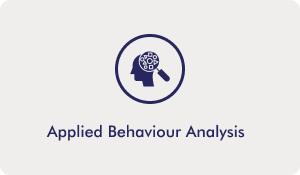

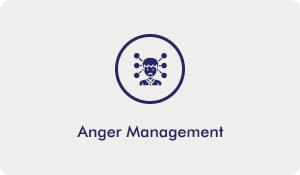
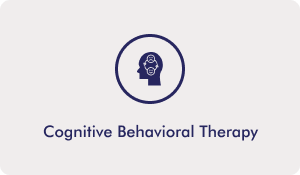
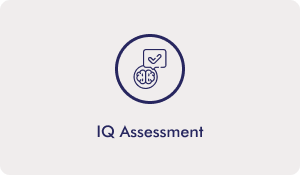
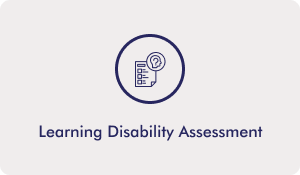
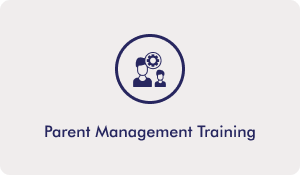

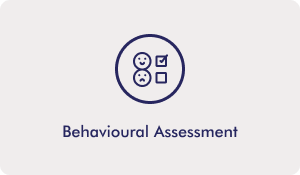
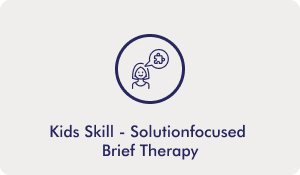
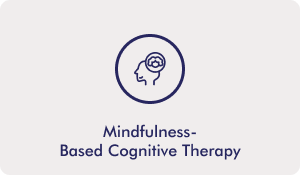
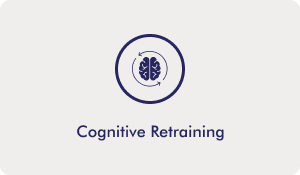
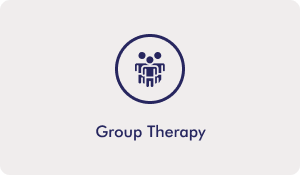

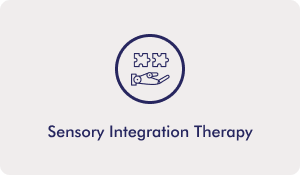
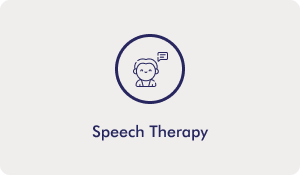
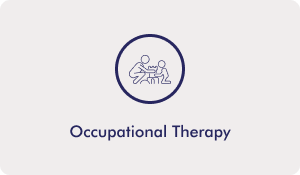
These services are administered by experienced and compassionate clinical psychologists and therapists that ensure your child receives the care and support they need to lead healthier and more fulfilling lives.
FAQs on Relationship Issues
Common relationship issues include communication problems, trust issues, financial strain, different expectations, lack of intimacy, stress and external pressures, jealousy and insecurity, and unresolved conflicts.
Improving communication involves practicing active listening, expressing thoughts and feelings honestly, avoiding blame or criticism, and making time for regular, open conversations.
Yes, relationship counseling can help by providing a safe space to discuss issues, improving communication skills, and offering strategies to resolve conflicts and strengthen the relationship.
Rebuilding trust takes time and effort. It involves being honest, keeping promises, showing empathy, seeking professional help if needed, and allowing the hurt partner time to heal.
If you constantly argue, it’s important to identify the underlying causes, improve communication skills, seek to understand each other’s perspectives, and consider relationship counseling to address deeper issues.
Managing financial disagreements involves discussing financial goals and priorities openly, creating a budget together, being transparent about finances, and compromising on spending and saving habits.
Maintaining intimacy involves making time for each other, being physically affectionate, communicating openly about needs and desires, and engaging in activities that strengthen the emotional connection.
External stressors, such as work pressure, family issues, or health problems, can strain a relationship by causing increased tension, decreased communication, and reduced quality time together. It’s important to support each other and manage stress effectively.
Signs that you might need professional help include frequent arguments, feelings of hopelessness about the relationship, lack of communication, unresolved conflicts, and considering separation or divorce.
Help for relationship issues can be found through:
– Relationship counselors or therapists
– Support groups or workshops for couples
Mind Weavers for Adult Psychology -
Why We're Different?
✨Experience:
Mind Weavers stands out in the field of adult psychology for several reasons. Our team of licensed professionals brings a wealth of experience in dealing with adult psychological issues. We understand that adulthood is a time of significant transition and are committed to helping you navigate this period with empathy and expertise.
✨Understanding Issues from The Root:
We support a comprehensive strategy for mental health. Hence, it means we don’t just focus on your symptoms; we explore the root causes of your challenges. Therefore, by addressing these underlying issues, we aim to provide long-lasting solutions that improve your overall well-being.
✨Supportive Environment:
Another reason to choose Mind Weavers is our commitment to creating a supportive environment. We know that discussing mental health can be difficult, which is why we prioritize creating a safe, non-judgmental space. Our goal is to make you feel comfortable and heard, ensuring that you can openly discuss your concerns and challenges.
✨Flexible Treatment Plans:
Additionally, we offer flexible treatment options tailored to fit your lifestyle. So, whether you prefer in-person sessions or online consultations, we make it easy to access the help you need. Our flexible scheduling and various therapy modalities ensure that you can find the right fit for your needs.
Therefore, take the first step towards a healthier adulthood by choosing Mind Weavers. Your mental well-being deserves the best care, and we’re here to provide it.
Choosing Mind Weavers for
Your Child's Well-Being
At Mind Weavers, our aim is to have a happy, playful, and confident child.
We prioritize your child’s well-being and offer top-quality mental health services to support their growth and happiness. Our dedicated professionals including child psychologists, therapists, and counelors help children overcome challenges, develop crucial life skills, and thrive emotionally.
At Mind Weavers, you’re choosing more than specialized services; you’re selecting a caring and nurturing environment that fosters resilience, self-assurance, and a positive outlook.


